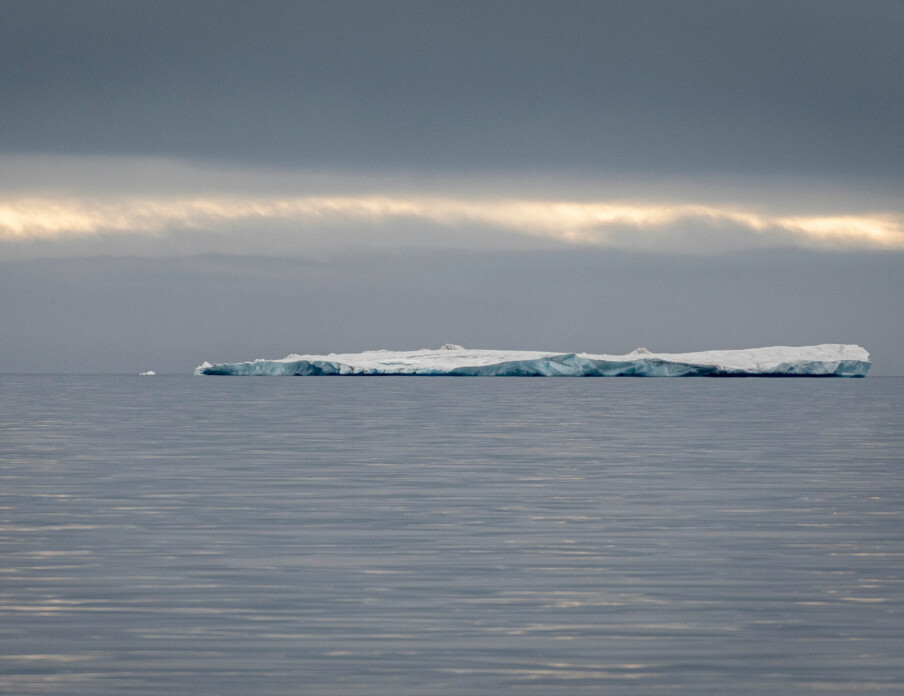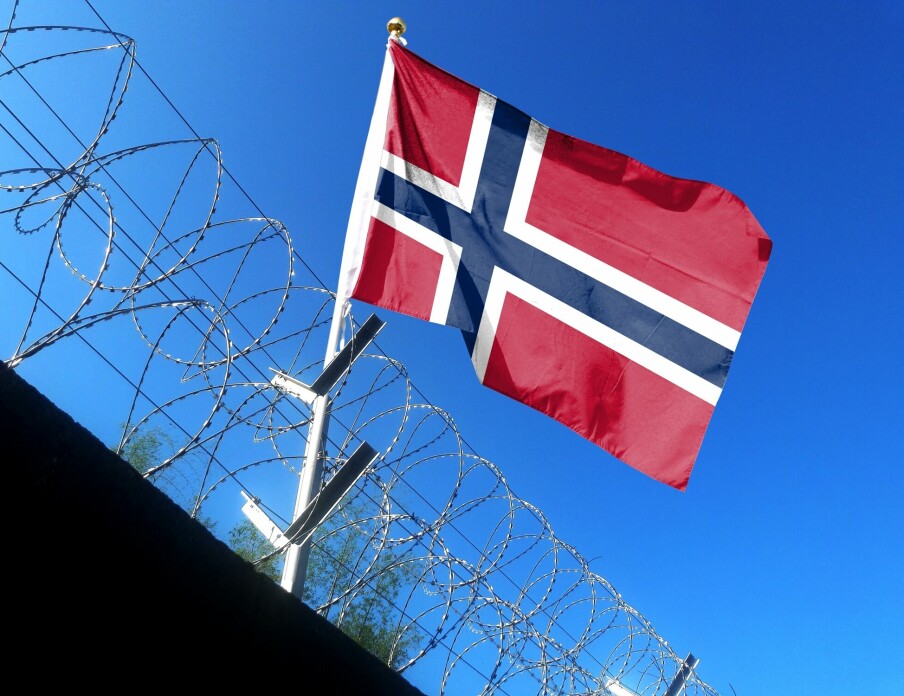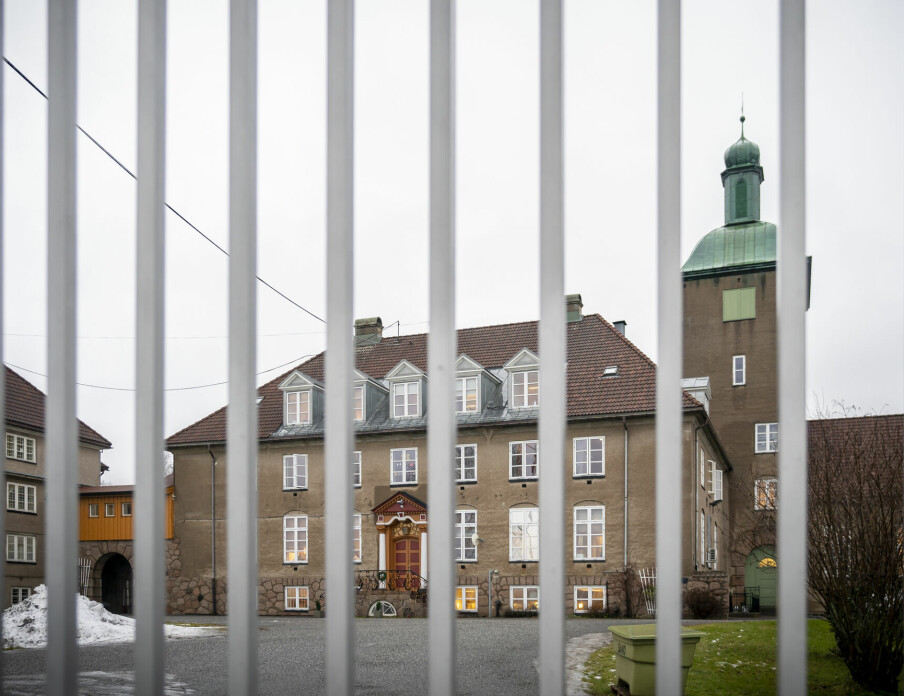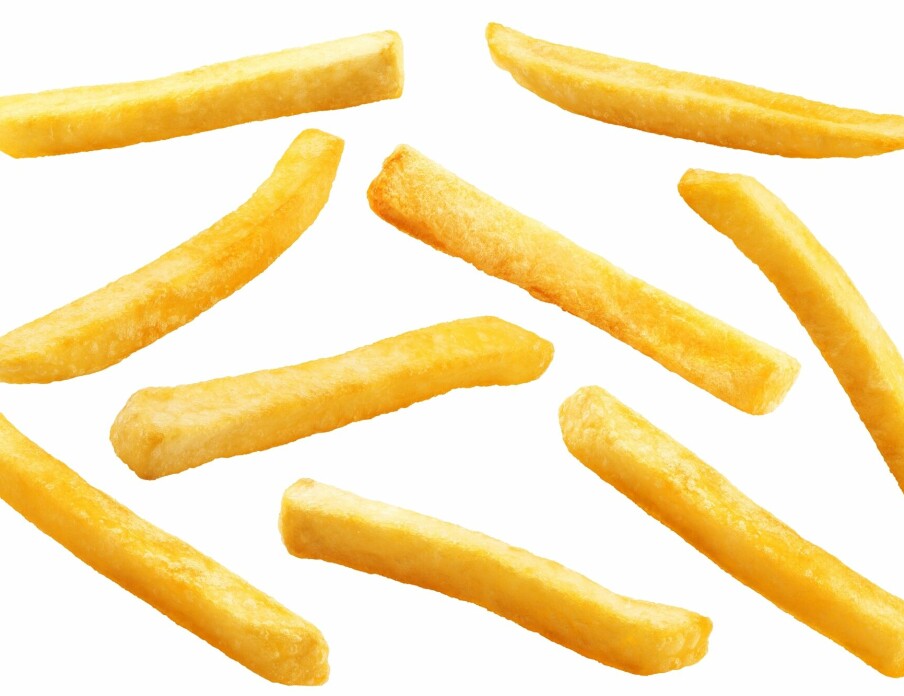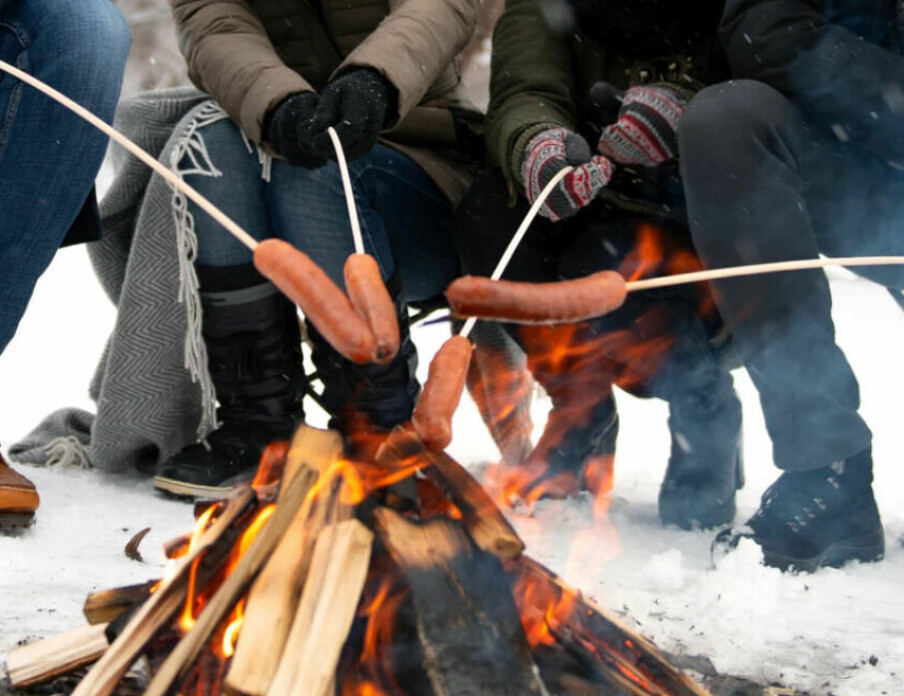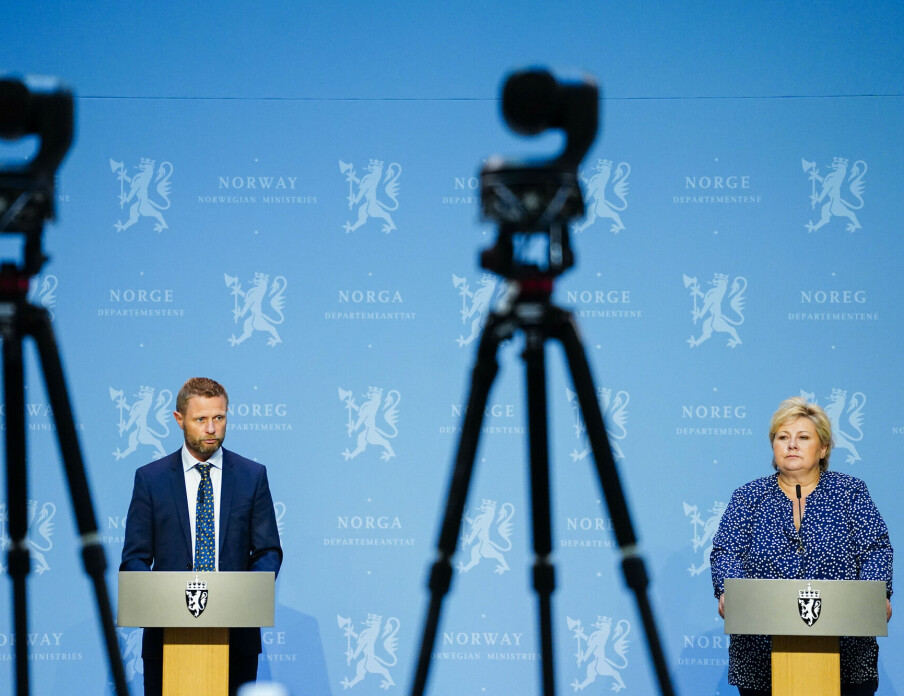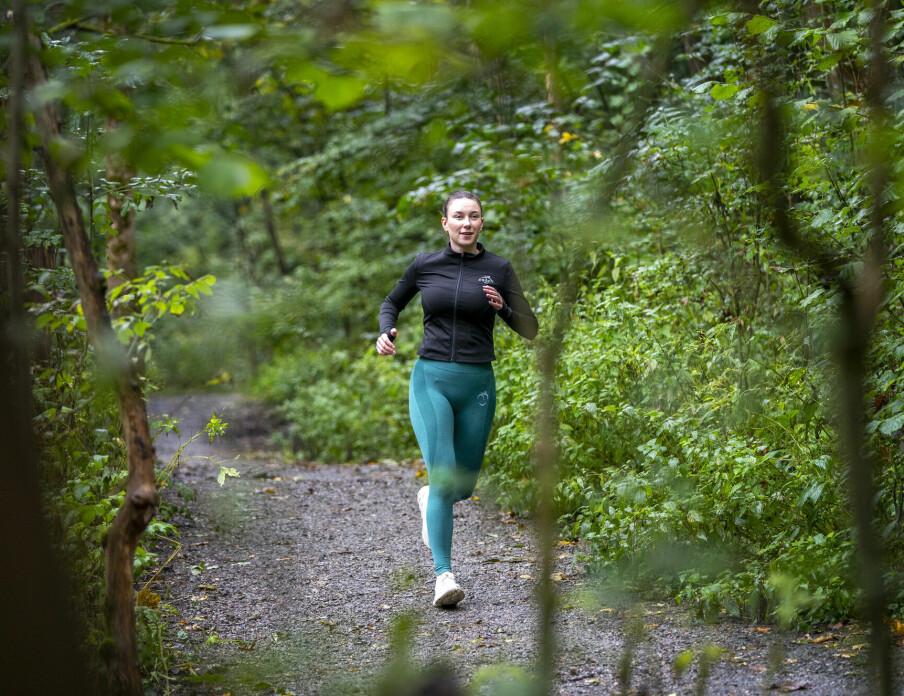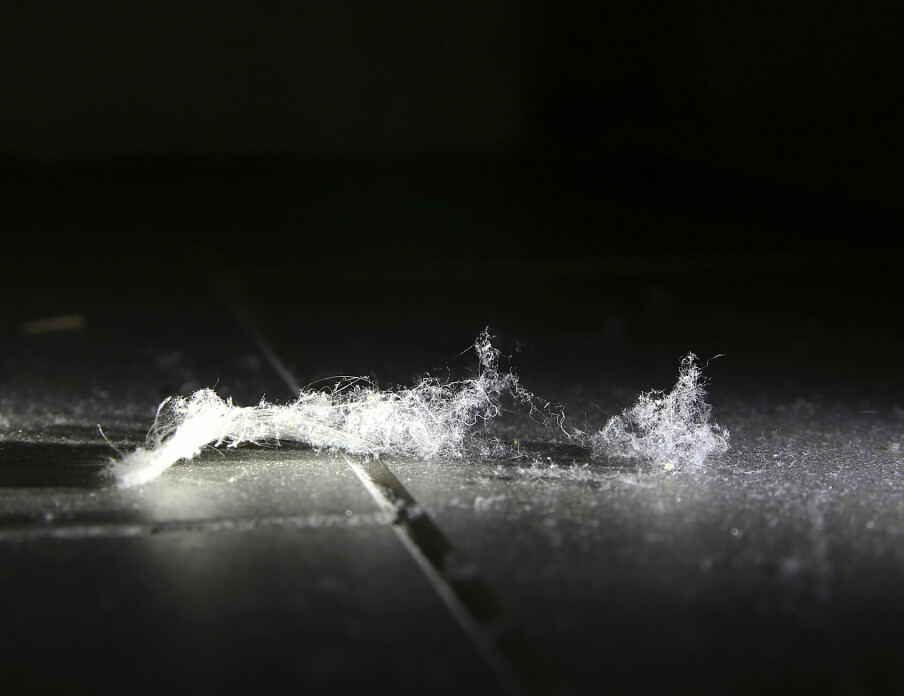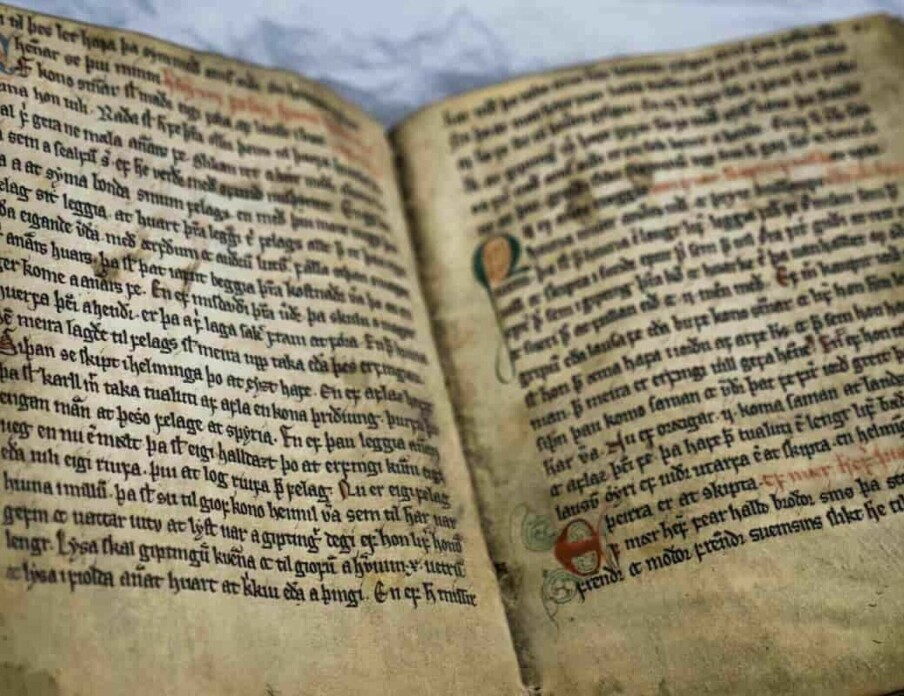Share your science:
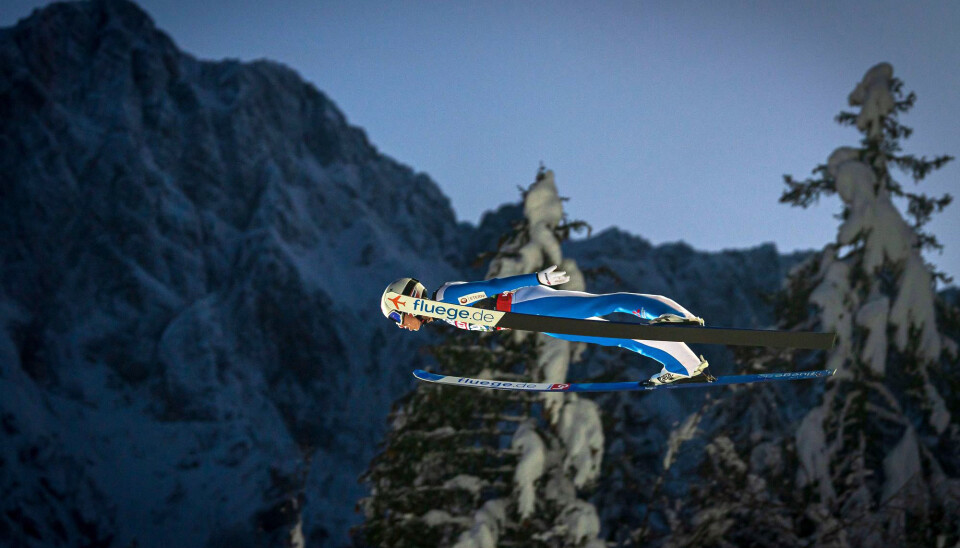
Ski jumping judges favour contestants from their own nations
SHARE YOUR SCIENCE: Unfortunately the nationalistic bias in ski jumping has not disappeared. French, Czech, Polish and especially Russian judges seem to significantly favour their compatriots.
There have been many voices over the years claiming that judges in ski jumping competitions favour their compatriots by awarding them higher scores. One notable example is the case of Halvor Egner Granerud in December 2020, who lost the World Championship title by 0.5 points. There was a discussion about correct judging in the Norwegian Broadcasting Company’s studio, but it quickly turned in the direction of whether the judges see the jumpers well enough from their tower. However, since the five judges see the athletes from the same place, this may be a lesser problem than if the judges systematically favour their compatriot jumpers by assigning them a higher score than do the other members of the judging panel.
Norwegian commentators and ex-jumpers are cautious about making such claims, but is that just an expression of Norwegian naivety?
Data from 77 000 evaluations
In ski jumping, the jump length is measured electronically, whereas the jump’s style is evaluated by five judges. After removing the highest and the lowest scores, the three remaining scores are summed up to determine the final score of the jump.
In a recent study, Alex Krumer from Molde University College together with Felix Otto and Tim Pawlowski from the University of Tubingen in Germany investigated whether judges from different countries actually assign higher scores to their compatriots. The study used data on 76 775 different evaluations of ski jumping judges from 203 competitions comprising all the World Cups, Nordic World Ski Championships, and the Olympic Games between 2010/11 and 2016/17 seasons.
A similar study from 2006 showed that the judges awarded significantly more style points to their compatriots than to other competitors. Now, 15 years later, maybe this is not a problem?
Nationalistic bias in ski jumping
Unfortunately, as the figure below shows, the nationalistic bias in ski jumping has not disappeared. Out of the twelve most observed countries in the data, only Norwegian and Finnish judges did not favour their compatriots. However, French, Czech, Polish and especially Russian judges seem to significantly favour their compatriots. For example, Russian judges assign on average 0.22 style points more to their compatriots compared to the other judges that observe a similar jump.
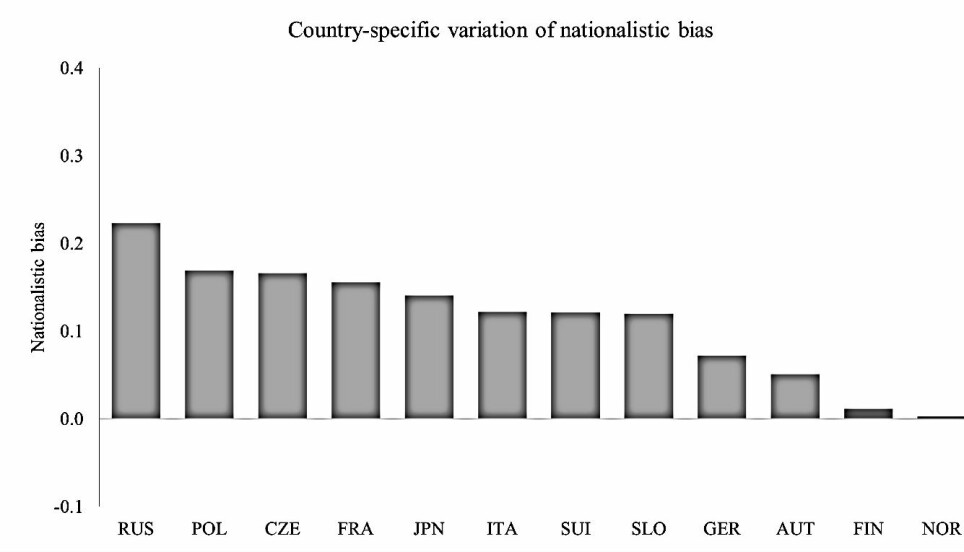
One may say that this is not much. However, it is important to remember that the judge's score is deleted if it deviates too much from the other judges. Thus, in general the scores should not deviate too much between the judges for a given jump. As evidence, the within jump standard deviation is 0.3 points. Thus, deviating 0.22 points for one country and only as a function of nationalism seems to be quite sizeable.
Acceptance of breaking rules varies between countries
The study also shows a significant relationship between the nationalistic bias and the so-called Corruption Perceptions Index. More specifically, the more corrupt the country of a judge according to the corruption index, the greater is the tendency to favour compatriots. This does not mean that there is corruption involved in the judges' decisions, but the result probably says something about the acceptance of breaking rules to favour one's own interests, which varies between countries.
The same happens in sports. While Norwegians and the Finnish strive to judge only performance, it may seem as if judges from several other countries are tempted to add half a point here and there to improve the results of their compatriots.
Share your science or have an opinion in the Researchers' zone
The ScienceNorway Researchers' zone consists of opinions, blogs and popular science pieces written by researchers and scientists from or based in Norway.
Want to contribute? Send us an email!











